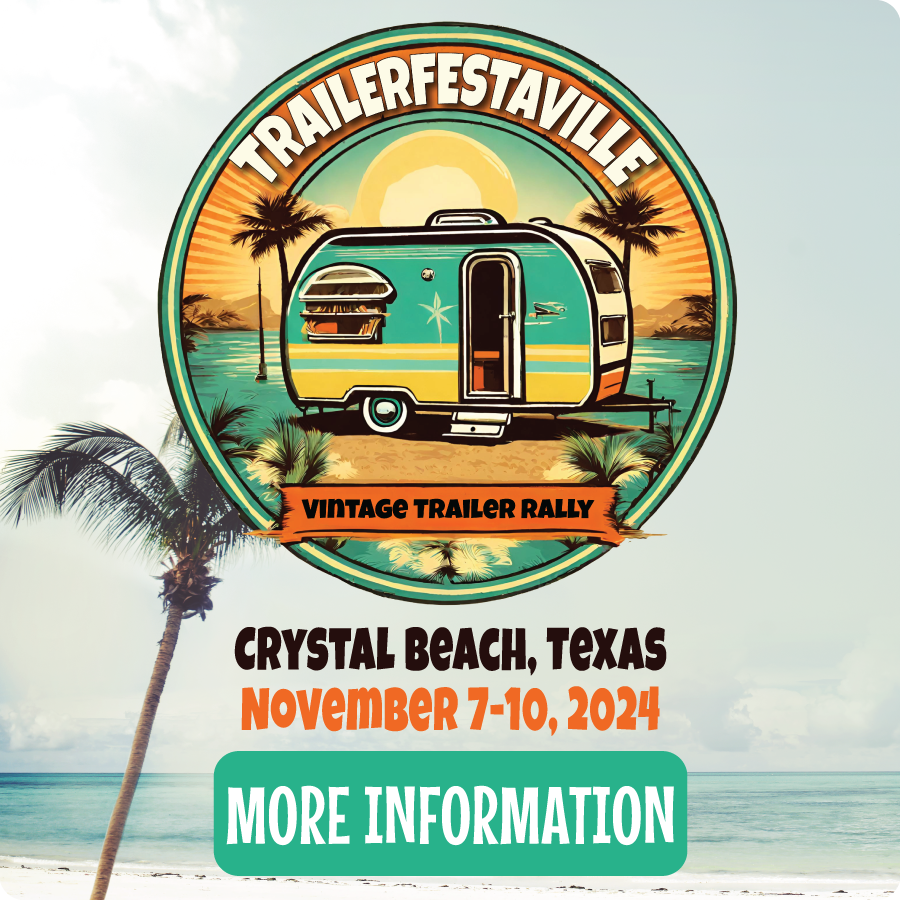|
Straight from the pages of the Vintage Camper Trailers Magazine: When insuring your vintage RV, seeking advice from a licensed agent in your state of residence is crucial. Insurance can be complex, with various policy types, coverages, and valuation considerations. This article will explore the options available to help you choose the best one for you. Liability Coverage: Protecting Yourself and Others Liability coverage is a vital aspect of RV insurance, safeguarding you from legal liability for bodily injury and property damage caused to others. It is important to note that liability coverage does not cover injuries to you and your family or damage to your rig. While liability coverage is legally required in almost every state for drivable RVs, it is not typically mandated for travel trailers that are towed. However, liability coverage for the tow vehicle extends to the towable RV while driving. (This may not be true with classic car insurance. Check with your agent.) The required minimum liability coverage varies by state and is usually expressed as minimum coverage limits in state laws. It’s essential to understand that state minimum coverages may not provide sufficient protection in the event of an RV accident. Larger RVs have the potential to cause significant bodily injury and property damage, which may exceed the state-required minimums. Opting for coverage limits higher than the minimum requirements is advisable. Some policies may even cover visitors to your trailer at a rally. Uninsured and Underinsured Motorist Coverage: Protection When Others Fall Short Uninsured and underinsured motorist coverage is another critical aspect of insurance for your vintage RV. This coverage protects you and your passengers when someone without insurance or with inadequate insurance coverage hits your RV. While it is required in about half of the states for motorhomes and tow vehicles (not for travel trailers), it is often available as an optional coverage in states where it is not mandatory. Uninsured and underinsured motorist coverage can be obtained for both bodily injury and property damage. It serves as a complement to liability coverage, ensuring that you and your loved ones are protected when someone else is at fault. Comprehensive Coverage: Protecting Your Vintage RV from Unforeseen Events Comprehensive coverage offers protection against various types of damage not covered by collision insurance. It covers damage resulting from:
Total Loss Coverages: Protecting Your Investment For vintage trailers and RVs, total loss coverages are often the best option. These coverages typically encompass most of the previously mentioned events (depending on the specific policy). The two common types of total loss valuation are: 1. Market Value (Actual Cash Value): This is the standard valuation method used by many insurance companies. In the event of a total loss, you would be paid the actual market or cash value of your RV at the time of the loss (minus the deductible). Insurance companies typically use sources such as NADA, Kelly Blue Book, or comparable market data to determine the pre-damage value. However, obtaining accurate market data for vintage trailers/RVs can be challenging, potentially resulting in the insurance company determining the value, regardless of any proof you provide. 2. Agreed Value: This is an upgraded option (often requiring an additional premium) and is particularly beneficial for vintage RVs and travel trailers. With Agreed Value coverage, you and the insurance company agree on a specific value for your rig from the beginning, typically based on a professional vintage RV/trailer appraisal. In the event of a total loss, the insurance company will pay the agreed-upon value, regardless of the current market value. This coverage is advantageous for bus conversions, custom RVs, and vintage RVs/trailers without a standard market value. It is recommended to have an appraisal on file, even if it’s not explicitly required by the insurer, and update it every 4 to 5 years. By having an Agreed Value policy, you are better protected because you receive the agreed value amount, regardless of any depreciation that may have occurred. This ensures that you can replace your vintage RV/trailer without experiencing financial hardship. Establishing Your Trailer’s Value: Essential Documentation
To establish the value of your vintage trailer, several pieces of documentation are crucial:
Protecting Your Vintage RV Investment Insuring your vintage RV is not a decision to be taken lightly. It is crucial to understand the different coverage types, valuations, and appraisal needs to ensure your treasure is adequately protected. By consulting with a licensed insurance agent and considering the information provided in this article, you can make an informed decision and safeguard your vintage RV from potential risks and losses.
2 Comments
Sonja Bates
11/10/2023 09:28:47 pm
I'm a newbie owner of 5 vintage campers, just acquired in the last 6 weeks and hope for it to expand to 8-10 when I'm done if not more. This article on insurance was very helpful thank you so much!
Reply
12/4/2023 11:48:13 pm
Thanks for the suggestion to consult an RV insurance company to protect your vehicle from damage caused by accidents or disasters. I can see how this could help individuals who plan to purchase an RV for countryside trips. My uncle should probably consider seeking these insurance companies for help in the future.
Reply
Leave a Reply. |
THE VINTAGE CAMPER TRAILERS MAGAZINE BLOG
Categories
All
This site contains affiliate links to products. We may receive a commission for purchases made through these links.
Archives
June 2024
This site contains affiliate links to products. We may receive a commission for purchases made through these links.
|
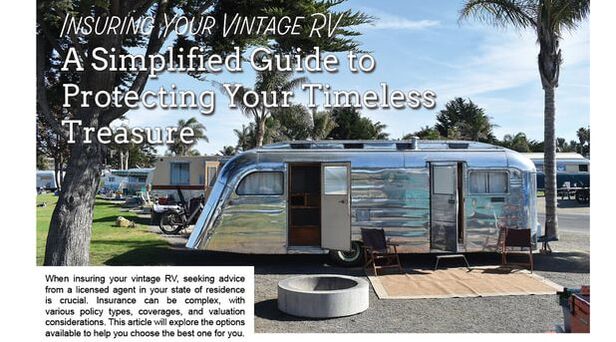

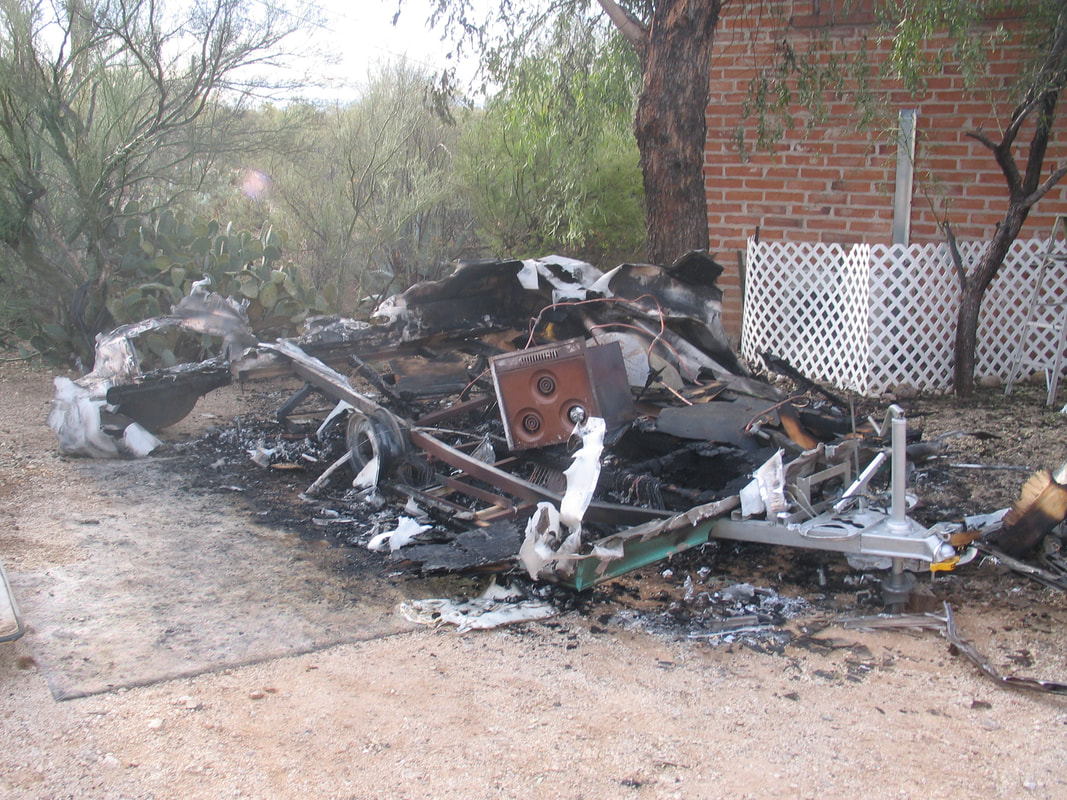
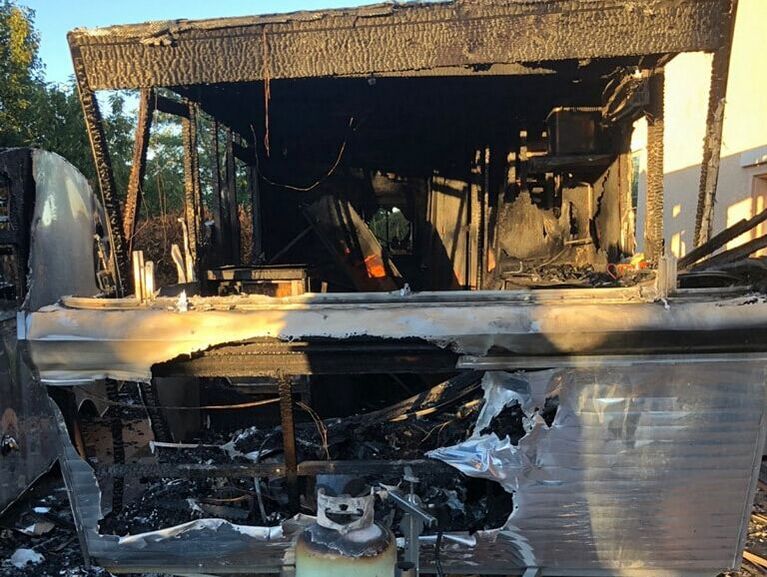
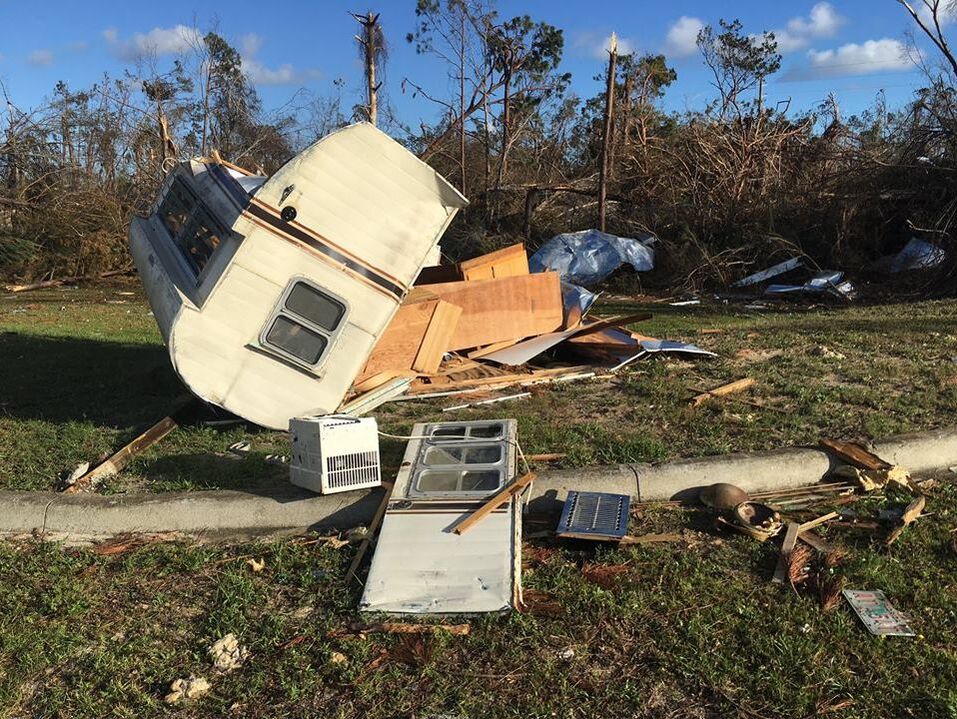
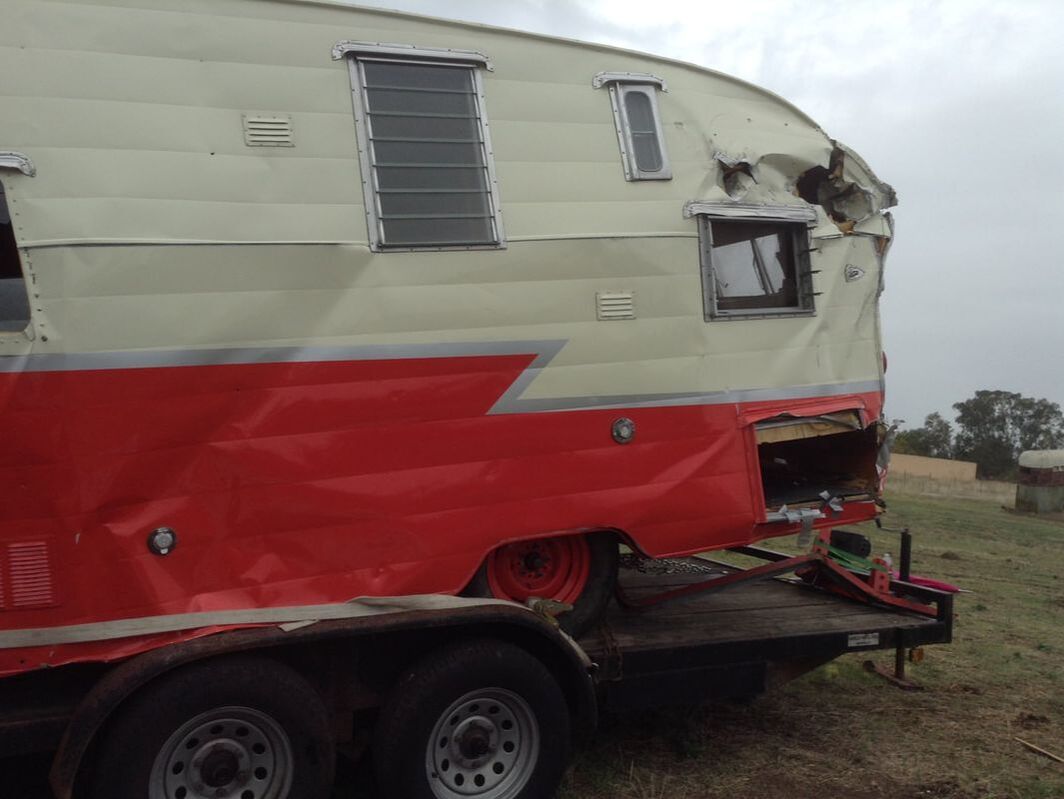
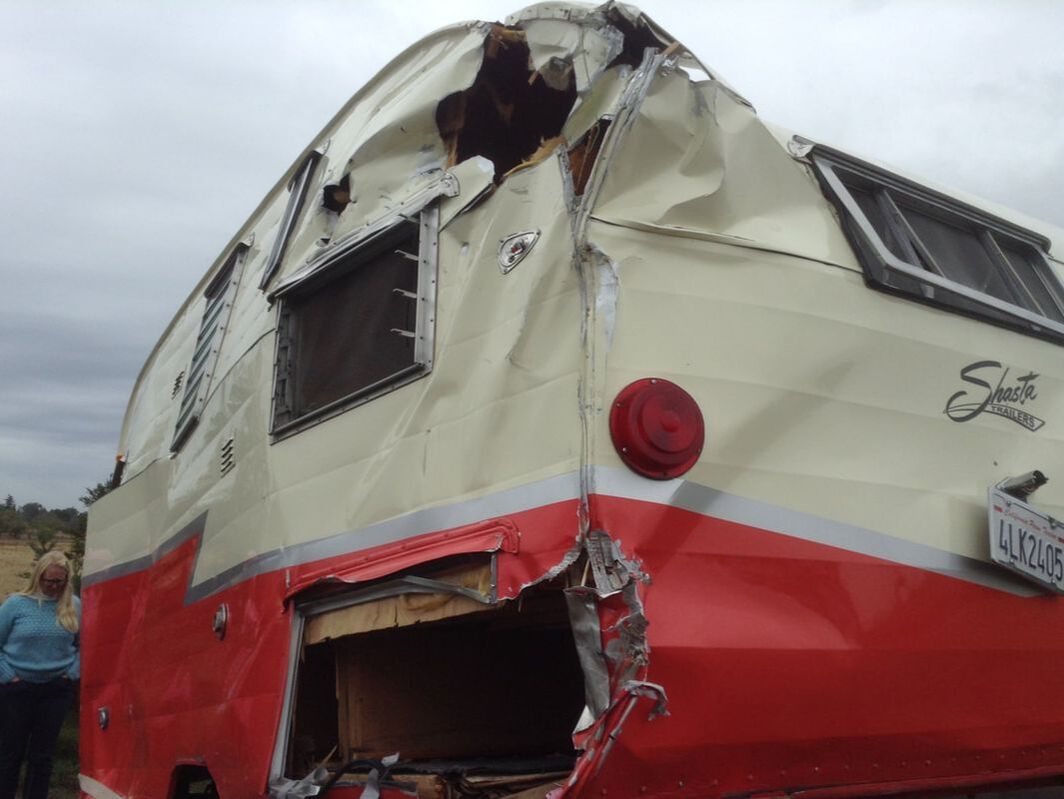
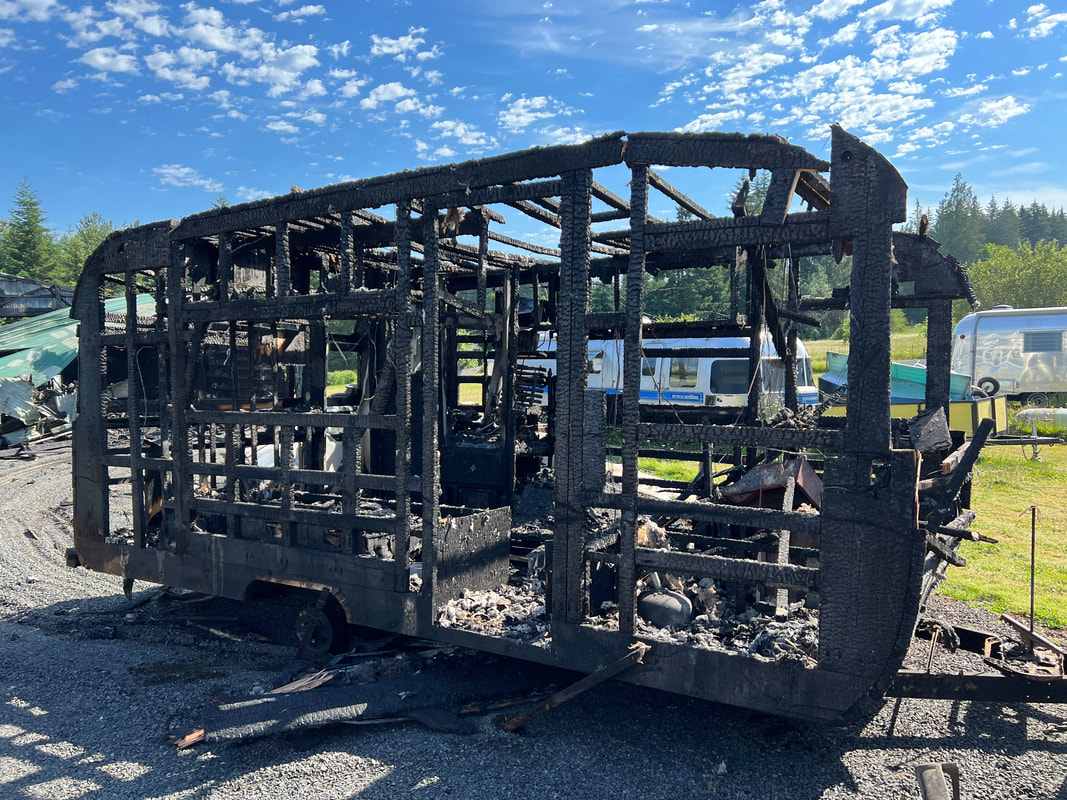


 RSS Feed
RSS Feed





